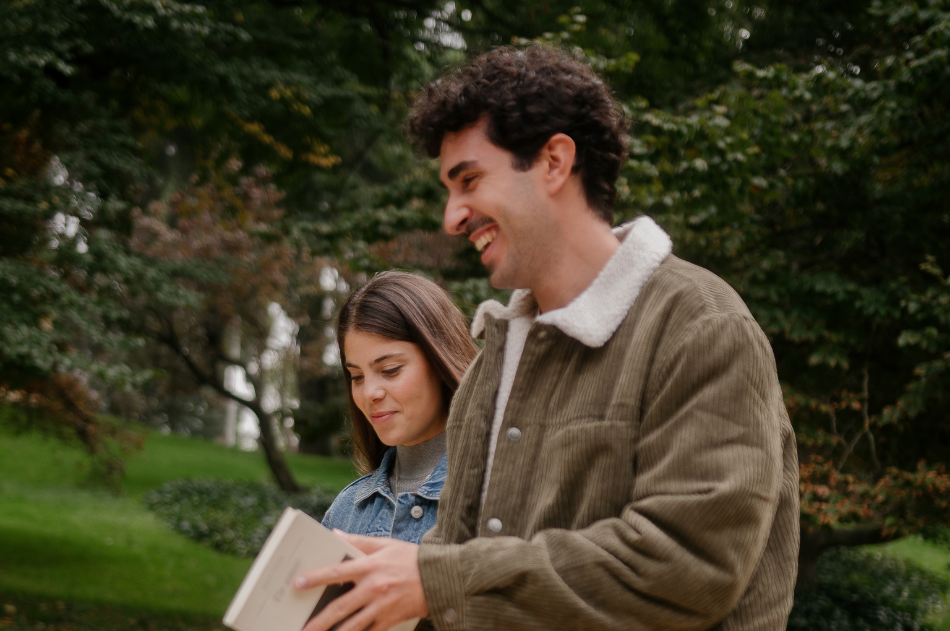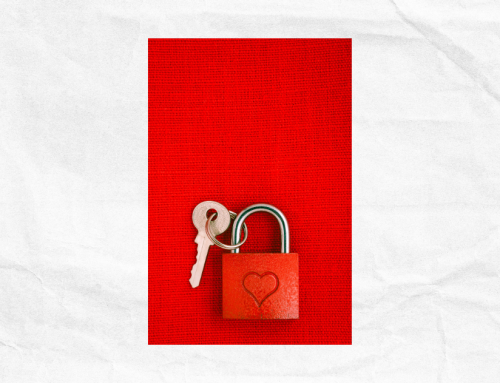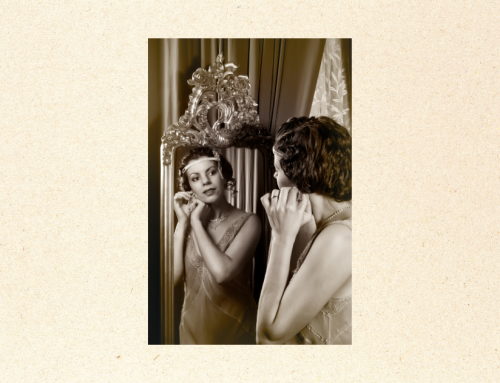
Global Love Report – Aug 6th, 2025
English summary by Margaret
According to The Economist, Tinder and Bumble collectively lost 17 million users in the second quarter of 2024, with downloads down 20% year-over-year. The drop reflects a broader shift in Spain, where many young people are moving away from apps, citing emotional fatigue and frustration with their superficial nature. The shift is particularly evident in major cities like Madrid, Valencia, and Barcelona, where several matchmaking agencies have thrived by offering a more personalized and supportive alternative to digital dating.
Agencies such as Harmony, based near El Retiro Park in Madrid, and Lazos, with offices in both Valencia and Madrid, have reported a notable increase in clients under 30. This age group has traditionally shown little interest in formal matchmaking services. It represents a significant shift for an industry that has historically catered to older or divorced individuals.
Carmen del Valle, founder of Harmony, explains that about 20% of her clients are now in their twenties. Many have “broken up” with dating apps after years of disappointing experiences. These young adults are not just searching for partners; they’re seeking guidance and deeper emotional connections.
Coaching Becomes an Important Service
To meet the needs of younger singles, some matchmaking agencies, such as Harmony and Lazos, now offer coaching sessions. Lazos has also integrated psychological support into its services. These programs help clients manage rejection in healthier ways, build emotional resilience, improve communication skills, and set realistic expectations about relationships.
This kind of professional support is especially important for younger generations who, according to Del Valle, have been socially and emotionally affected by heavy reliance on digital communication.
Rethinking Love in the Digital Age
According to Isabel Fuster, psychologist and director of Lazos Valencia, many clients come in with unconventional relationship histories, ranging from casual dating to polyamory. But once they enter a more structured matchmaking process, some bring unrealistic hopes of instant chemistry or “love at first sight.” When those expectations aren’t met, emotional burnout often follows.
Clara Soto from Lazos Madrid adds that many Gen Z clients also experience symptoms of anxiety and frustration, feelings she ties to the emotionally shallow nature of digital dating. “They’re craving meaningful, face-to-face interactions where they feel truly seen and understood,” she says.
Busy Lives, Practical Needs
Many clients are young professionals or students returning from abroad, whose busy lifestyles leave little time for meeting people naturally. For them, matchmaking offers not just a romantic solution, but also a practical, more efficient, and curated way to find a connection.
Agencies offer private, tailored matchmaking experiences. Packages typically range from USD 750 to USD 2,150 and include 5–10 dates or up to a year of service. Some clients choose flexible payment options. And in some cases, parents even cover the cost, viewing it as an investment in their children’s well-being.
Despite the cost, the outcome is promising; most agencies report that around 80% of clients under 30 find a stable partner within one year.
Matchmaking Reimagined for a New Generation
To better align with younger users, many agencies are modernizing their image. Some have dropped the term “marriage agency” in favor of “dating agency,” removing the pressure of long-term commitment.
They’re also expanding their offerings beyond one-on-one introductions, organizing face-to-face group activities like speed dating, running clubs, and hiking events, which are gaining popularity in cities like Madrid and Barcelona.
Sara Radaideh Fuertes, who runs a matchmaking agency in Valencia, recalls how her parents hosted singles’ parties at Valencia’s Astoria Hotel in the 1980s. “Now, we’re seeing a revival of those ideas, but adapted to modern lifestyles,” she says.
Originally published by: EL PAÍS





